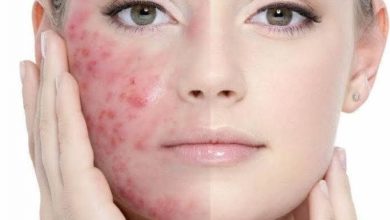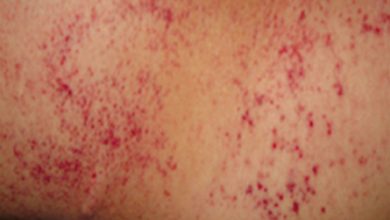What is Cholera Disease?

What is Cholera Disease?
Cholera is a disease with acute and severe diarrhea due to an intestinal infection caused by the bacterium Vibrio cholerae. Cholera can easily spread and cause deaths in communities affected by war, poverty and natural disasters living in crowded environments.
Cholera is more likely to be seen where water and personal hygiene are poor. Especially in societies where water hygiene is inadequate, immigrants and non-settled population groups have camp life, as well as after natural disasters such as heavy rain, floods and earthquakes where the sewage system is mixed with drinking and utility water. Improving the living conditions of the population at risk and public education are essential in preventing disease.
How Is It Transmitted?
Cholera is transmitted by oral ingestion of an infectious amount of cholera agents. Infection is usually transmitted through water mixed with faeces. Contamination occurs by drinking this water directly or by eating contaminated food. Food that comes into contact with infected people’s dirty hands can also transmit the disease. No human-to-human transmission has been observed with cholera by direct contact (eg handshaking, touching, or when treating a sick person). The incubation period can range from a few hours to five days, but is usually 2-3 days. As long as the cholera factor is found in the stool, contagiousness continues. Although it is usually seen in the stool until a few days after recovery, sometimes carriage can last for months. Effective antibiotics shorten the infectious time.
What are the Symptoms?
The convergence of cholera infections is mild. Patients may have an nowhere or mild diarrhea. Abdominal pain, nausea, vomiting, abundant and frequent defecation in the form of rice water, thirst due to the loss of water, minerals and salt, muscle cramps can be seen.
However, in its department, the disease results in severe diarrhea and vomiting and a large loss of fluid and salt from the body. The patient has a feeling of thirst, exit, rapid weight loss and fluid loss develop. In severe cholera cases, there are various types of cramps in the stomach, arms and legs. These people experience dehydration and shock due to the loss of body fluids. If left untreated, it can result in death within hours.
How Is It Diagnosed?
The diagnosis is made as a result of laboratory analysis of samples from feces and vomit.
How is it treated?
Treatment of cholera cases should be started immediately. It may be insufficient with delayed or death in a short time (6-8 hours after the onset of symptoms) with dehydration, insufficiency and death. A doctor should be consulted as soon as possible.

What are the Ways of Protection?
There is no vaccine that fully protects cholera.
Having clean water is essential for health. The main source of cholera infections is polluted water. It is important that the water used in preparing food and taking baths is clean as well as this nice drinking water.
- Chlorinated mains water should be preferred as drinking and utility water, it should not consume water of unknown origin and that is not chlorinated, but should be used after boiling for 10 minutes in necessary cases.
- Personal hygiene rules must be followed
- Before and after eating, before and after the toilet, before and after preparing food, before and after changing the diaper of babies, before and after feeding babies, hands should be washed with plenty of clean water and soap.
- Toilet cleaning and hygiene, door handles and faucet cleaning in public living areas should be done using water diluted with bleach.
- People who will travel to areas with cholera should take care not to consume water and open food that they do not know the source of.
- In the region with cholera, especially raw seafood should not be eaten. Seafood and meals should be cooked at at least 70 degrees.
- Surfaces contaminated with the stool and vomit of the cholera patient and the items used by the patients should be disinfected.
- Vector and pests such as house flies, which play an important role in the spread of the disease, should be fought.
The most effective ways to reduce the risk of cholera for individuals are taking care to consume hygienic food and water, safe disposal of human waste and personal hygiene.
Who Is At Risk?
Societies and people who do not pay attention to personal hygiene rules, do not wash hands well before consuming food and eat without cooking, and do not have access to safe drinking and utility water are most affected by the disease. If patients show symptoms of Cholera, especially children, the elderly and pregnant women should apply to the health institution.





